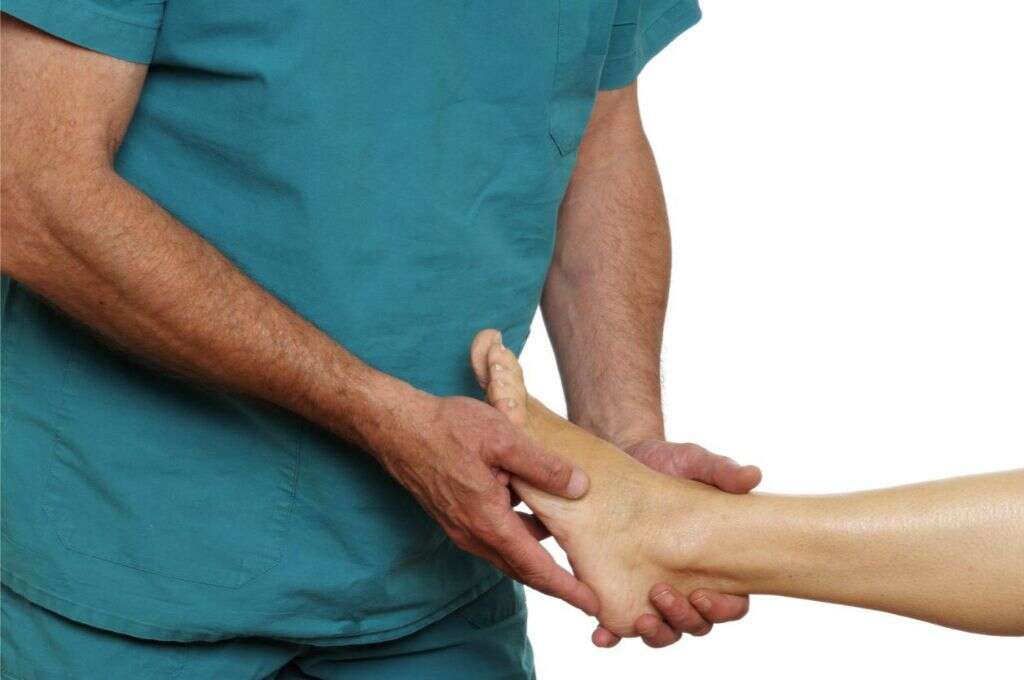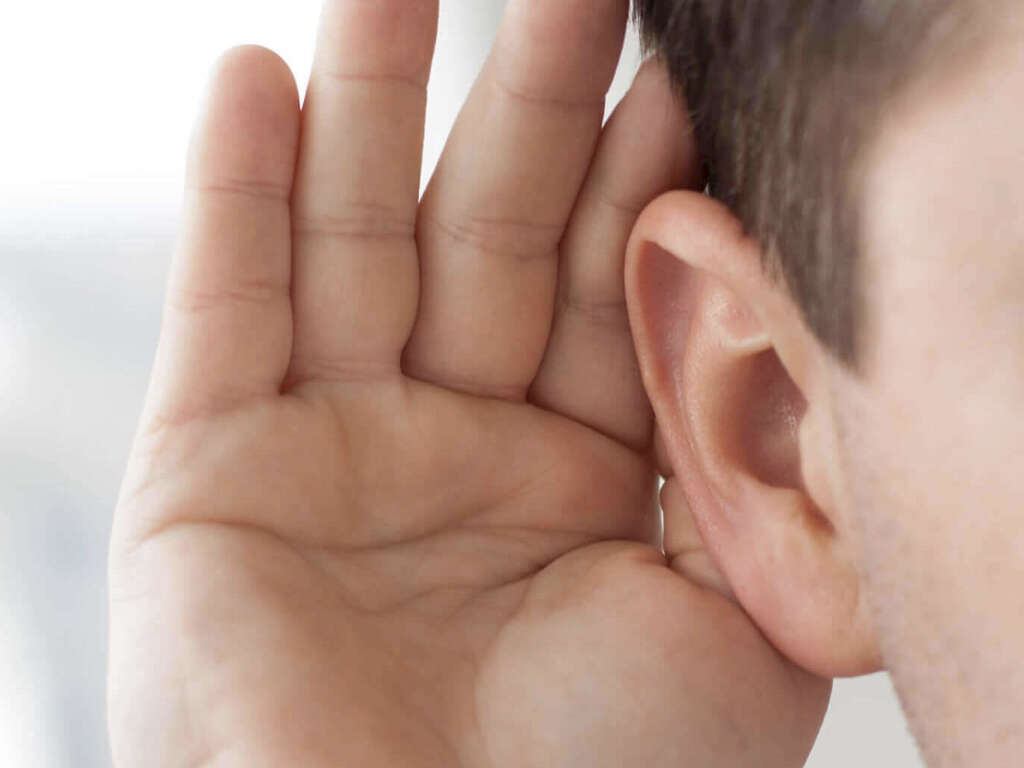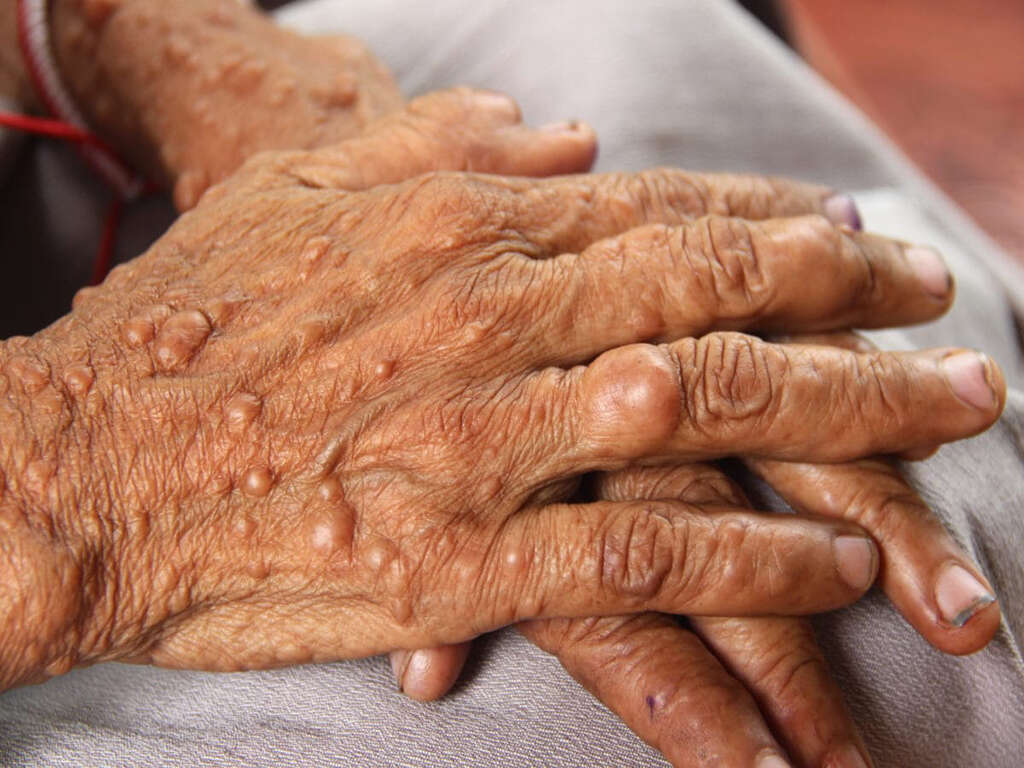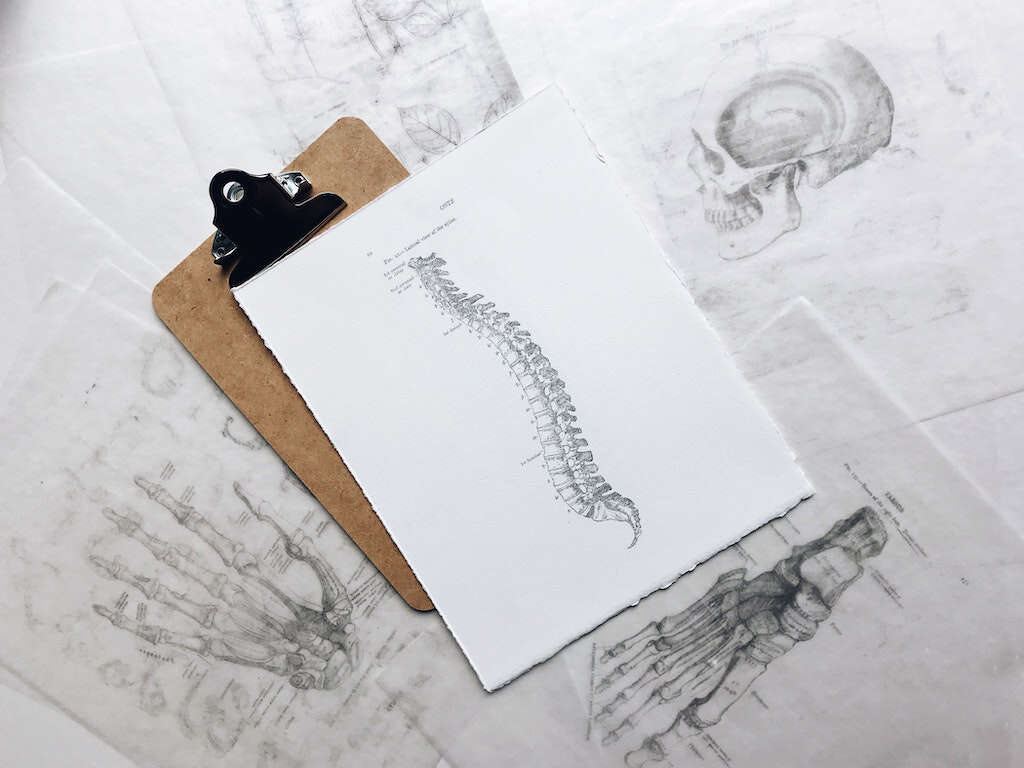10 Nerve Damage Symptoms
Symptom #3: Muscle Weakness and Paresis
Muscle weakness occurs when there is lack of muscle strength. It can be divided into true or perceived weakness. True weakness is usually seen in skeletal muscle disease such as inflammatory myopathy and muscular dystrophy while perceived weakness can be seen in conditions such as chronic fatigue syndrome. True weakness occurs when the force exerted by the muscles is less than normal while perceived weakness is when the individual feels that more effort is required to exert the same amount of force despite normal muscle strength.
When nerve injury occurs, the nerves innervating the muscles are damaged and no longer function as normal. This can result in muscle weakness and difficulty with movement. Paresis can be defined as impaired movement, weakness of voluntary movement, or partial loss of voluntary movement. While usually used to describe the limbs, it can also be used to refer to the muscles of the vocal cords, stomach, and eyes. Some experts argue that paresis and muscle weakness differ as paresis causes muscle weakness due to the inability to activate motor neurons while muscle weakness occurs only in the muscles.
Advertisement












